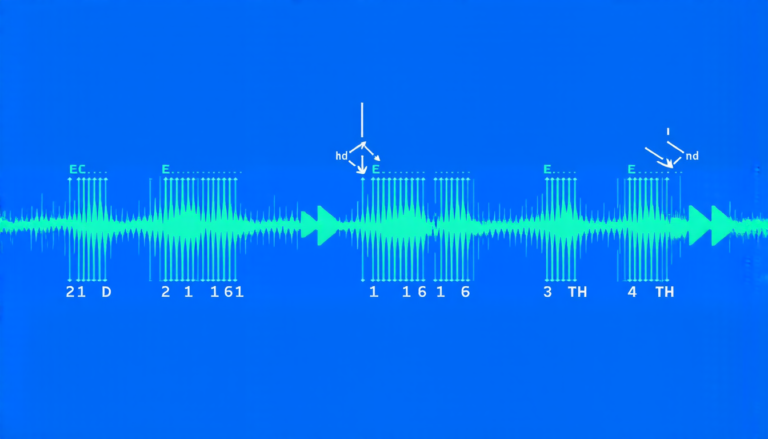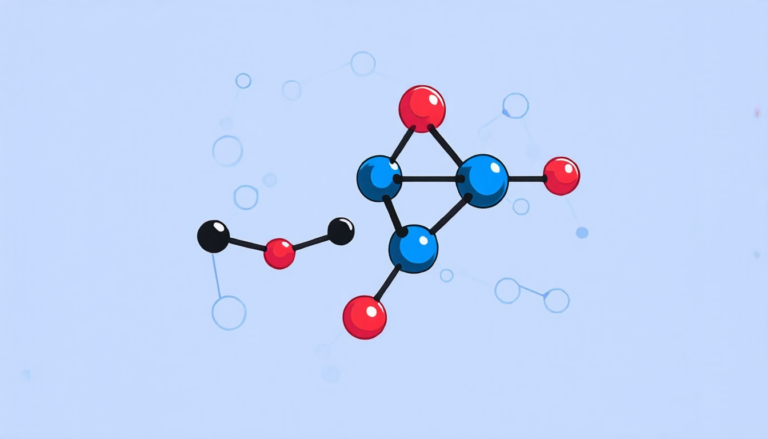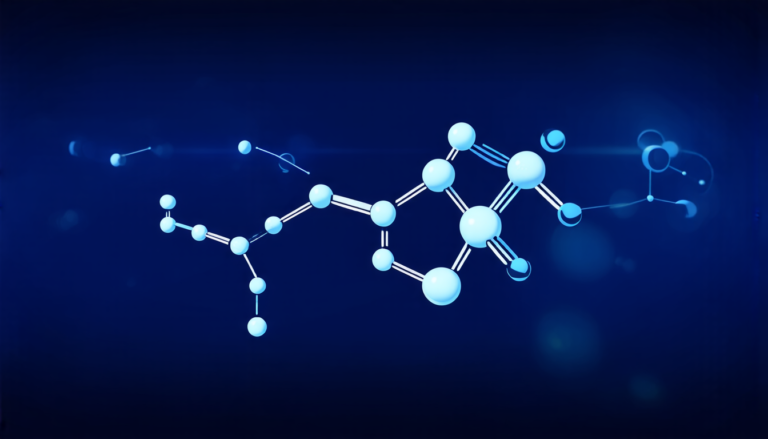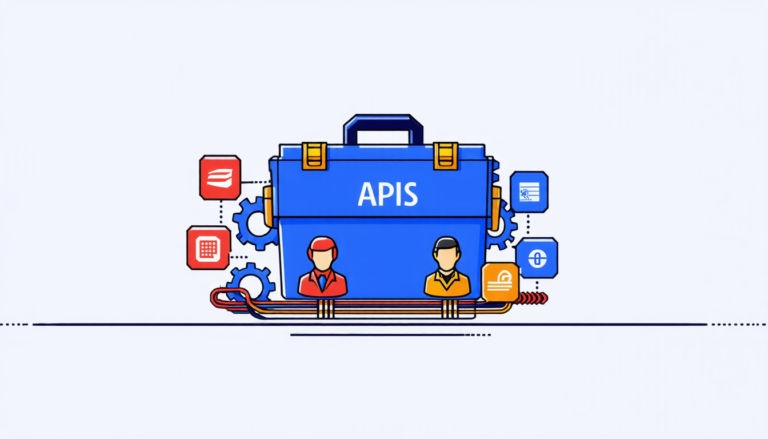Tuesday 14 October 2025
A novel approach to breaking the cycle of incarceration has been developed by researchers in partnership with a county government in the United States. The project aims to reduce reincarceration rates among individuals with complex needs, such as mental illness, substance dependence, and homelessness.
The problem is a pressing one: many people who are incarcerated have untreated mental health conditions that exacerbate their criminal behavior, leading to a vicious cycle of incarceration and recidivism. In the US, it’s estimated that over 50% of prisoners have a serious mental illness, yet prisons are often ill-equipped to provide adequate care.
To address this issue, the researchers used machine learning algorithms to identify individuals at high risk of reincarceration based on their criminal history, demographic characteristics, and social services data. They then developed targeted outreach programs to connect these individuals with vital support services, such as mental health treatment and housing assistance.
The study involved a field trial in which the researchers worked with county agencies to identify over 1,000 individuals who were at high risk of reincarceration. These individuals received personalized outreach and support from caseworkers, who helped them access essential services and connect with community-based organizations.
The results are promising: among the highest-risk group, 55% of participants returned to jail within a year, compared to just 25% in a control group. Moreover, the study found that targeted outreach was most effective for individuals who had previously been incarcerated multiple times and had complex needs.
The approach has important implications for criminal justice policy. By identifying high-risk individuals and providing them with tailored support services, it may be possible to reduce reincarceration rates and improve public safety. The researchers hope that their work will inform the development of similar programs in other jurisdictions.
The study’s findings also highlight the need for a more nuanced understanding of the complex factors that contribute to recidivism. Rather than simply focusing on punishment and deterrence, policymakers may need to consider the social and economic determinants of criminal behavior and invest in evidence-based interventions that address these underlying issues.
As the US continues to grapple with issues related to mass incarceration and racial disparities in the criminal justice system, this study offers a hopeful glimpse into a more effective and compassionate approach. By prioritizing support services and community-based solutions, it may be possible to break the cycle of incarceration and create a more just and equitable society for all.
Cite this article: “Breaking the Cycle: A Novel Approach to Reducing Reincarceration Rates”, The Science Archive, 2025.
Incarceration, Recidivism, Mental Illness, Substance Dependence, Homelessness, Machine Learning, Targeted Outreach, Support Services, Community-Based Solutions, Criminal Justice Policy







